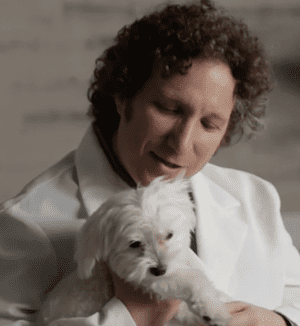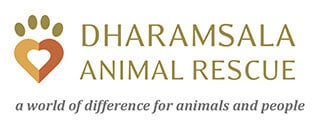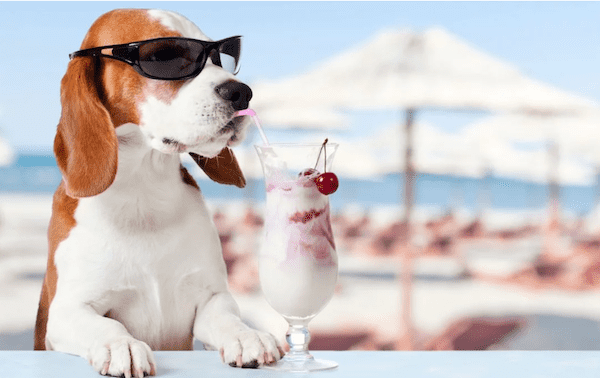As you’re enjoying your morning cereal, a certain four-legged, furry family member is giving you that look. You know the one: “Please, please can I have some of whatever goodness is in that bowl?
Many dog owners believe dairy products are as safe for their canine companions as they are for humans. And while dairy is okay for some pets, in other cases it can actually be toxic to dogs.
Get the facts before your dog consumes dairy.
Can Dogs Consume Dairy Products?
Milk for dogs can lead to stomach problems. This can result in loose stools, upset stomach, vomiting and other digestive issues.1
The milk you buy in the store could be high in sugar and fat – two things that could put your pup at risk for obesity.
Food allergies in your dog’s diet are another thing to consider. As it turns out, milk (and other dairy products) are a common food allergen. If your dog is allergic to milk, they might experience severe itching and gastrointestinal problems.2
Why is My Dog’s Stomach Upset After Drinking Milk?
While milk is usually good for humans, it could be detrimental to a dog’s health. Your pet, for example, might be lactose intolerant. Ice cream, yogurt, and other dairy products can cause not only vomiting and diarrhea, but other digestive problems as well.
You’ve no doubt heard of lactose intolerance in humans. You might not know that dogs can experience this problem too. It happens when dogs (and humans, for that matter) can’t digest lactose – an enzyme found in cows’ milk.

Note: If your pet is suffering from these symptoms, lactose-free milk might help. But they’re probably better off drinking plain old water and eating regular dog food.
What About Milk for Puppies?
Puppies, just like babies, thrive on mother’s milk before they start eating solid food. Babies need human breast milk because it’s high in nutrients and helps boost the immune system. Puppies need mom’s milk for the same reasons.
There are some instances, however, where a puppy won’t have access to this kind of milk. The puppy may be orphaned, for example. Or they may have been abandoned. In cases like this, a milk replacer will need to be found.
Avoid giving milk you buy from the grocery store until your pup is eating regular food. If the pup has loose stools or other issues, remove milk from their diet completely.4
Your vet can recommend a replacer. It should be available at your local pet store.
So, Can Dogs Drink Milk or Not?
Get our best articles straight to your inbox.
Subscribe to The DARling below:
About the author

Dr. Gary Richter, MS, DVM
Dr. Gary Richter loves animals, and is passionate about keeping them healthy and happy as long as possible. He has received more than 30 awards due to his expertise in the field, and The American Veterinary Medical Foundation recently named Dr. Richter “America’s Favorite Veterinarian.” Dr. Richter has been at the forefront of pet nutrition for two decades, and he is also the author of the bestselling “The Ultimate Pet Health Guide.”

